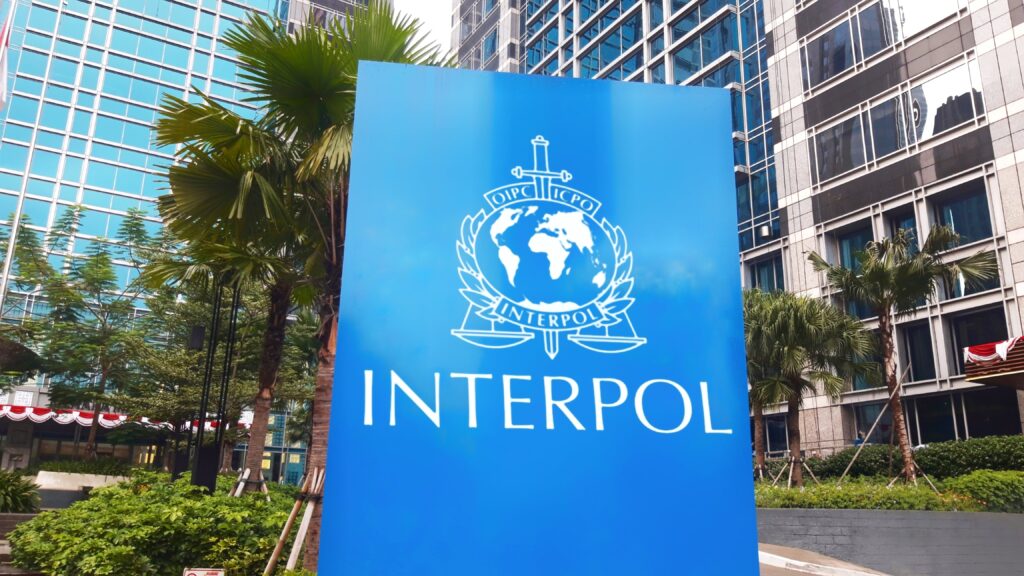Interpol, the world’s largest policing organisation with 196 member states, coordinated a wide crackdown on digital crime across Africa.
Authorities carried out the operation in July and August, leading to 260 arrests tied to romance fraud and extortion plots.
The suspects used social media, dating platforms, and messaging apps to deceive targets into sending money or compromising images.
Investigators confirmed that the scams reached over 1,400 victims, who collectively lost nearly $2.8 million (€2.4 million).
Scammers Manipulated Trust to Steal and Blackmail
Interpol explained that perpetrators constructed fake romantic connections, then exploited victims financially or through sexual blackmail.
Many criminals tricked individuals into paying fraudulent shipping fees or lured them into sharing private videos later used for threats.
Cybercrime units across Africa reported sharp increases in romance scams and sextortion, fueled by rapid growth in digital platforms.
Cyril Gout, Interpol’s acting executive director of police services, warned that online growth has provided fertile ground for criminal exploitation.
He highlighted both financial damage and severe psychological harm inflicted on victims, reinforcing the urgency of coordinated international action.
National Operations Reveal Widespread Criminal Networks
Local police contributed significantly to the crackdown, carrying out coordinated raids under Interpol’s guidance.
In Ghana, authorities detained 68 suspects accused of using fabricated identities to scam victims and blackmail them with explicit footage.
Senegalese police captured 22 suspects who posed as celebrities on social media to steal around $34,000 from over 100 people.
In Côte d’Ivoire, officers arrested 24 individuals accused of operating fake profiles to obtain intimate content used for extortion.
Interpol emphasised that such scams illustrate the need for stronger cross-border cooperation, as criminals easily exploit digital borders.
Headquartered in Lyon, Interpol supports global policing by enabling communication between national forces and coordinating operations against cybercrime, terrorism, and organised crime.
Officials stressed that while the organisation remains a crucial link between police forces, it now faces a mounting caseload.
Cybercrime, child exploitation, and online fraud continue to rise, presenting unprecedented challenges and deepening divisions among its 196 members.

